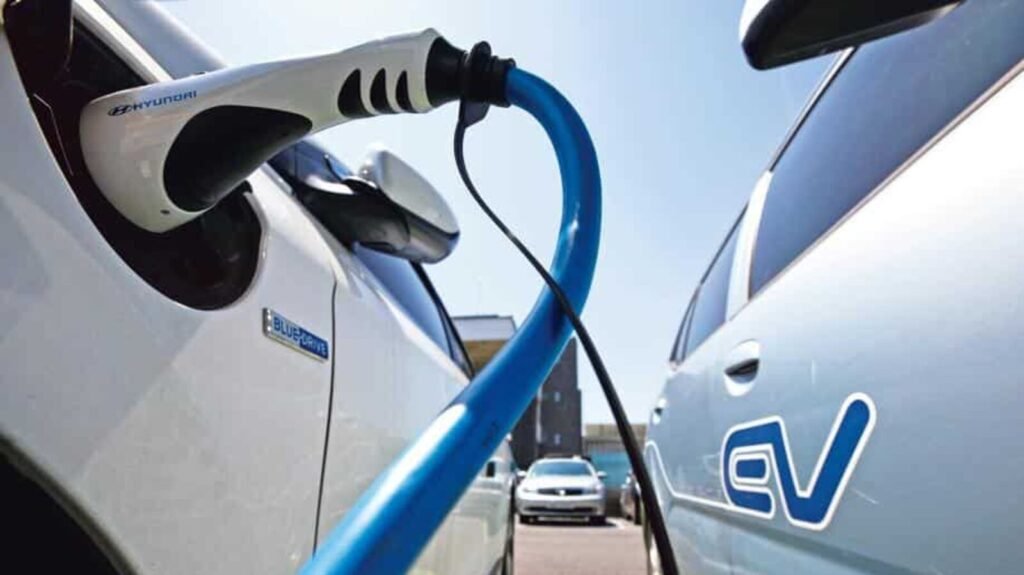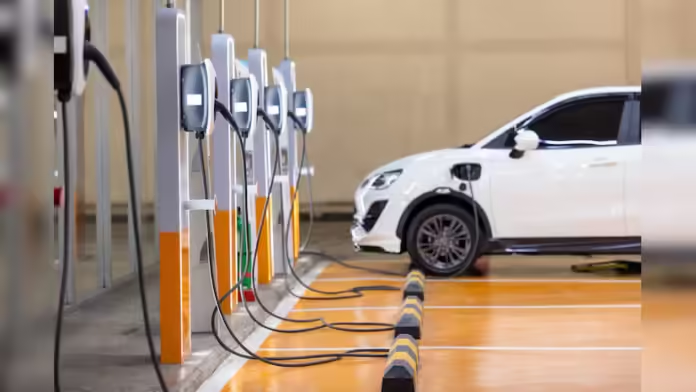The proposed Aadhaar numbers for EV batteries in India’s e-mobility R&D strategy may completely transform the sector. The objectives of this project are to encourage sustainability, increase transparency, and expedite recycling. Discover how EV batteries’ lifespan management will change due to these distinctive IDs. Principal Scientific Adviser to the government, Prof. A K Sood, announced the eMobility R&D Roadmap for India, which lists 34 research initiatives aimed at different facets of e-mobility. The idea to provide every EV battery a distinct Aadhaar number is one noteworthy project.

The Goal of the Battery Aadhaar Numbers for the Sustainability of EV Batteries
Keeping a digital log of a battery’s usage history and material composition, recycling can be done more effectively and sustainably.
Transparency and traceability are ensured by providing comprehensive information on each battery, including its manufacturing year, lithium import details, electrode materials, and more.
Ensuring comprehensive tracking of batteries from production to end-of-life management encourages environmentally friendly battery disposal and use methods. The federal government of Germany is actively supporting the development of a comparable concept called the battery passport.
By providing comprehensive battery information that is essential for recycling and reuse, India’s version of the battery Aadhaar seeks to enhance sustainability, efficiency, and safety in the EV industry. India has set lofty goals to become energy independent by 2047, to have 30% of vehicles be electric by 2030, and to have net-zero emissions by 2070. Digital data storage, transparency, traceability, and battery localization are prioritised in the e-Mobility R&D Roadmap as critical stages towards achieving these objectives.


